Sigma 18-200mm f/3.5-6.3 AF DC II Lens for all Nikon DSLR Cameras
- The built-in motor is capable of auto focusing with all Nikon DSLR cameras
- Two SLD (Special Low Dispersion) lenses and two Aspherical glass elements provide excellent correction for all types of aberration.
- Sigma’s super multi-layer coating reduces flare and ghosting and provides high image quality throughout the zoom range.
- This lens has a minimum focusing distance of 45cm (17.7) and a maximum magnification of 1:4.4.
Sigma 18-200mm f/3.5-6.3 AF DC II Lens for all Nikon DSLR Cameras + UV Filter + Monopod Pro Package. Kit Includes: 1) Sigma 77D-306/ 77D306 – Sigma 18-200mm f/3.5-6.3 AF DC MOTORIZD Lens for all Nikon DSLR Cameras. 2) Digital Film – 8GB (SDHC) High-Speed Class 6 Memory Card. 3) Zeikos – Zeikos ZE-MP72 72-Inch Monopod. 4) Sakar – Digital Concepts All-Weather SLR Camera Backpack Case. 5) Vivitar – Vivitar LCP-1 Lens Cleaning Pen – Removes Dust And Finger Prints Without Scratching Your Device. 6) Vivitar – USB 2.0 Secure Digital Card Reader/Writer. 7) Vivitar – Vivitar VIV-UV-62 – UV 62MM FILTER 8) Zeikos – Zeikos 3pc Lens Cleaning Kit. 9) Zeikos – ZE-BLR Dust Blower (Black)
♦ 10) ButterflyPhoto – ButterflyPhoto Micro Fiber Cleaning Cloth. 11) Zeikos – ZE-LCH1 Lens Cap Keeper – Never lose your cap again! More Info: Designed exclusively for Nikon digital SLR cameras, the Sigma 18-200mm f/3.5-6.3 high-zoom-ratio lens covers a host of wide angle and telephoto focal lengths. The lens
List Price: $ 279.00
Price: $ 279.00
Related to :


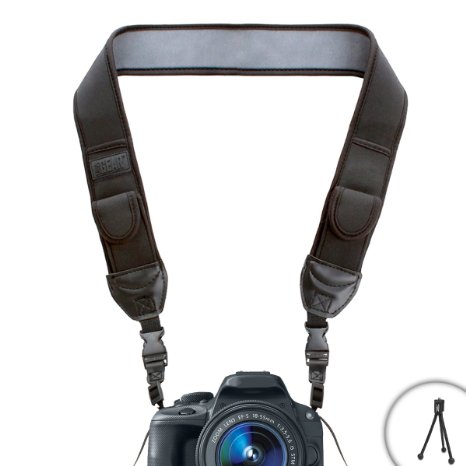
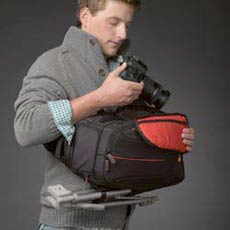
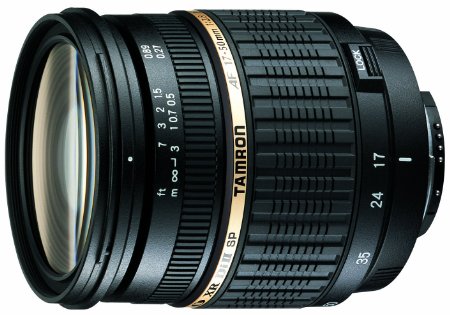
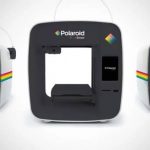
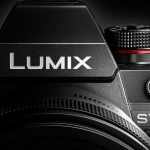
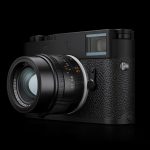





Great Lens for the Price!,
I disagree with the previous poster. I think this lens is pretty great.
The quality is exceptional for a lens of this price and range.
There seems to be a controversy regarding how focal lengths of lenses are measured; from what I’ve read, the lens does go to 200mm if measured at infinity.
In the real world, the lens takes fine pics as long as you have enough light. The size and weight is perfect for a walk-around lens. My Rebel XT with this lens (and the Hakuba hand grip) is a perfect fit, and feels great to carry around and shoot. To get better optical quality at this range, you would need to get a few lenses that each cost a lot more. There is nothing quite like this, except for Tamaron’s 18-200, which I hear doesn’t compare favorably to the Sigma.
It seems that Sigma has quality control issues, so I would buy
the lens from a local dealer that has a return policy. Test the lens, and if you don’t think it’s up to par, return it for another.
Was this review helpful to you?

|Good utility lens,
Reading reviews is a crap shoot. You know nothing about the reviewer or the use of the product. That said, I am assuming you are not a struggling professional trying to shoot a high quality, tight-budget job. You are a user looking for one lens to carry to cover a wide range of service.
I’m a pro. I have a many bodies and L lenses to use.
I carry an XSI with THIS Sigma 18-200mm non OS lens just about everywhere I go. It is a great vacation tool, where most pix are shown in a digital frame or are never going to be more than 4×6.
Yes, the MTF is not great (simply: contrast across the lens), there is some chromatic fringing and watch out! the lens hood will cause vignetting and shadows with a flash at wide angle. I’ve been using this lens since it was released in early ’05.
It’s a $300 lens. Does it compare to a $1500 L lens? Yeah – very badly. So what? The first rule of photography is get the picture. Missing the shot while changing lenses is not photography. Is this the preferred lens in my arsenal? No. But for general non-client, daylight, non-sports shooting, it’s the one I’ll probably be using. I prefer the non-optical stabilzed version – less complexity.
To help you weigh this review: I use five professional (5D, 1D) and several prosumer (40D, 50D, XTI, XSI) bodies and nine L lenses, plus a slew of others.
Photo tip: night shooting of foreground against backround (done a lot with this lens!): typical situation: girl on beach in front of sunset. Manually set exposure to flash shutter speed, aperature & ISO to get background. Turn flash on to expose and meter foreground. You’ll get some great “how did you do that?” pix. All the MTF, abberetion and linearity issues will mean nothing, because you got a picture no one else could and th L doesn’t really add anything, because you want depth of field here.
Thanks for reading my review.
Was this review helpful to you?

|